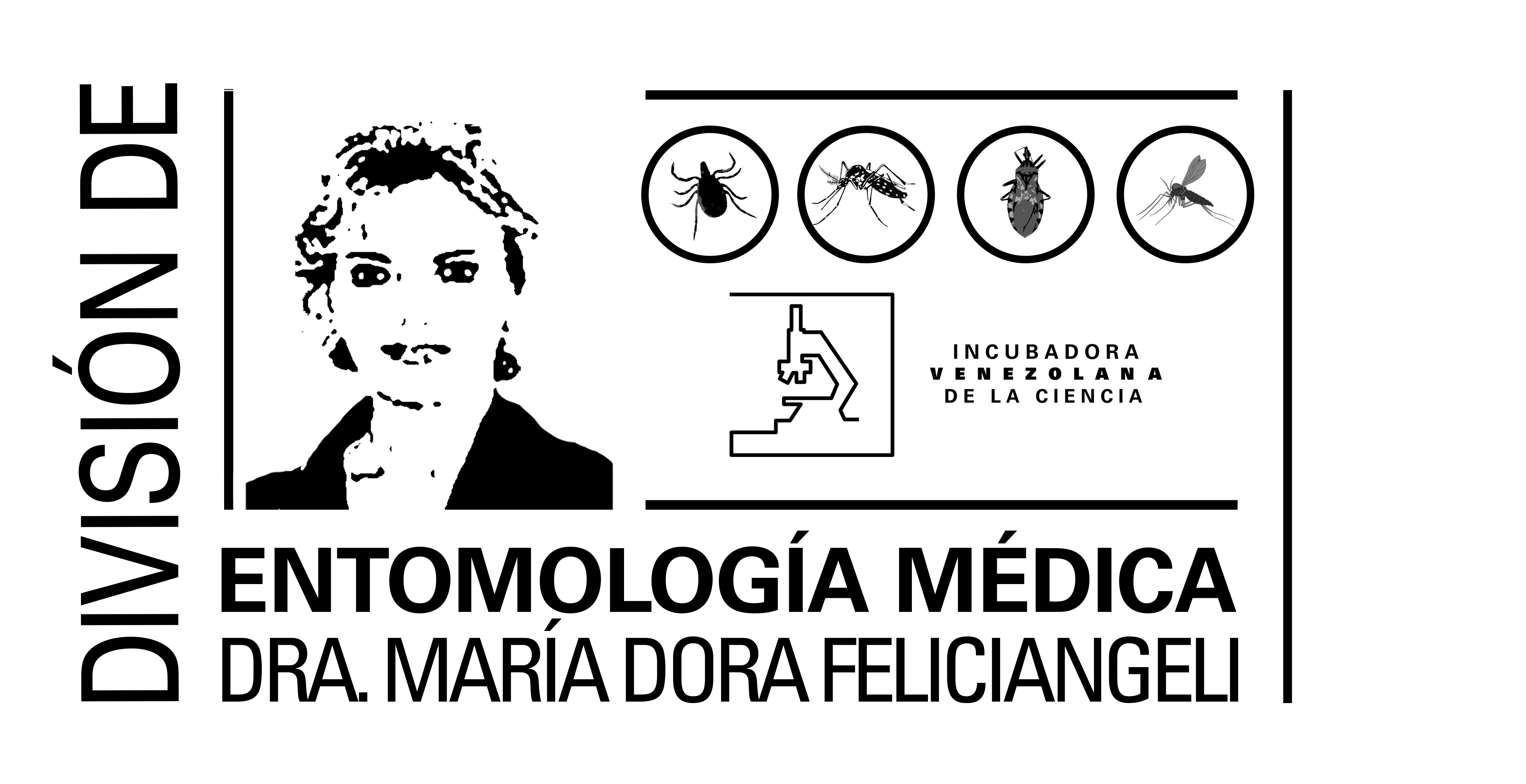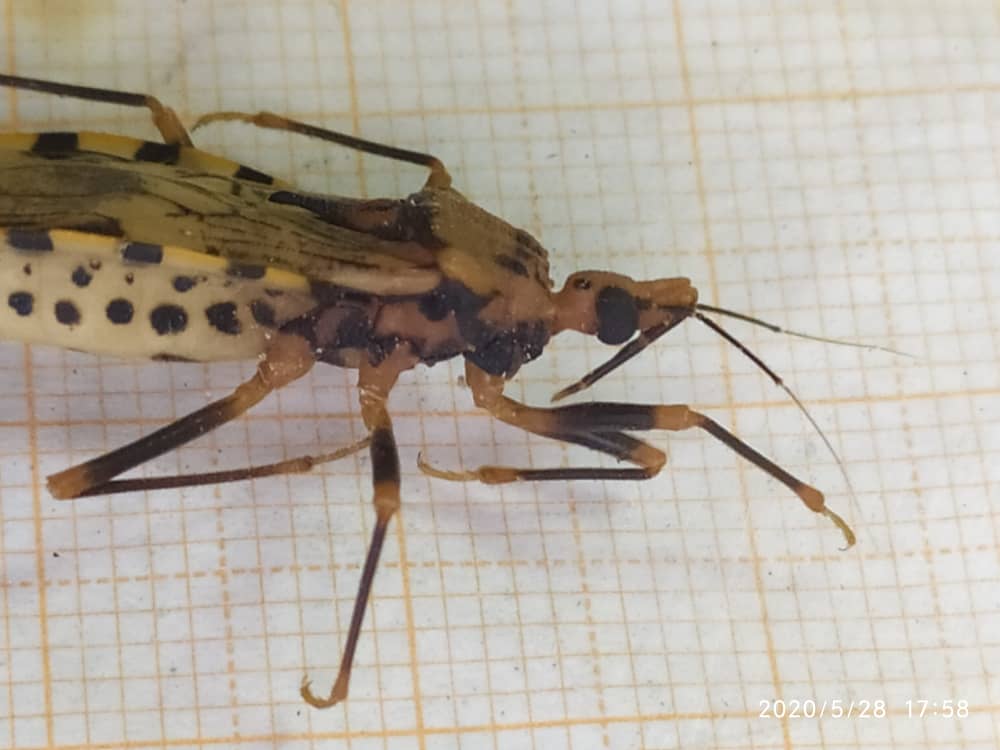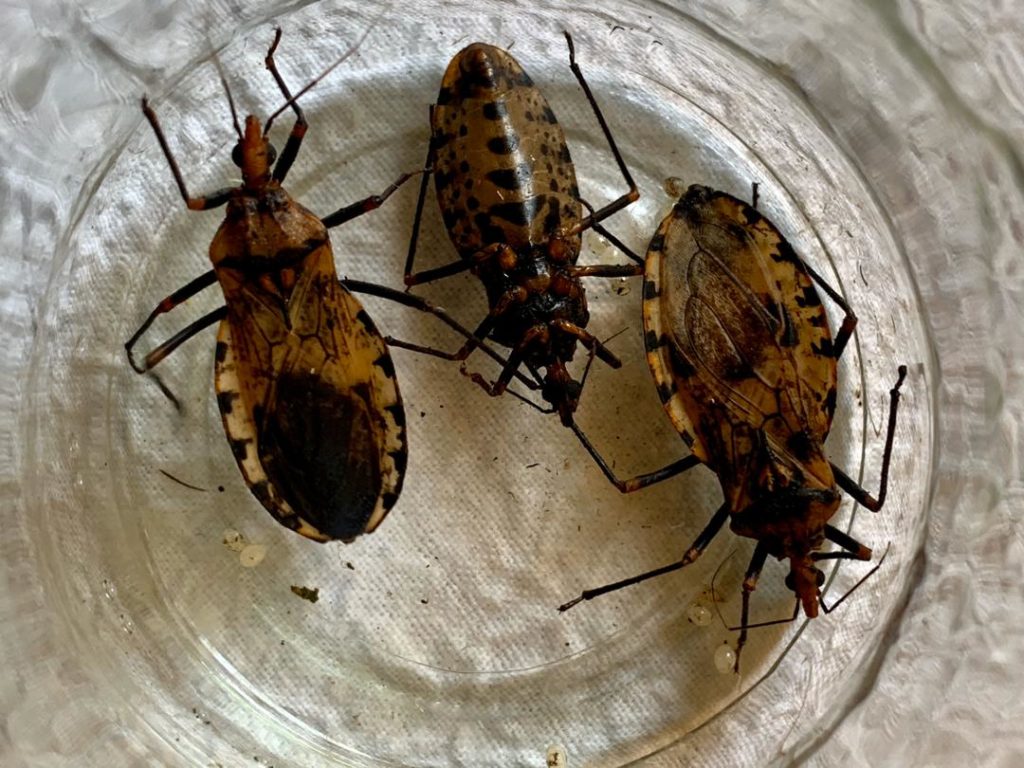
The Division of Medical Entomology is devoted to the study of arthropods of medical, veterinary and zoonotic relevance with a particular focus on vector populations, as well as to the development of new approaches in arthropod identification, detection of pathogens and epidemiological and diagnostic tools. Our network includes professionals and students from the medical and veterinary sciences following a One Health approach for the study of the ecology of vector-borne diseases.
Our interdisciplinary team is deeply committed to teaching and implementing innovative community outreach projects through a number of Citizen Science ventures aimed to design and implement vector-borne disease surveillance, prevention, and control activities.


Current research lines include:
1. Assessing the genomic diversity of the triatomine fauna of Venezuela and transmission dynamics of Chagas’ disease.
2. Assessing the genetic diversity of endemic arboviruses (Dengue, Chikungunya, Zika, Mayaro and Madariaga virus) and estimating the vectorial role of different mosquitoes species in transmission dynamics.
3. Conducting full-range eco-epidemiological studies looking into the distribution, seasonal dynamics, host preference and feeding behavior of sandflies vector species in Venezuela.
4. Performing large-scale country-wide screening for tick-borne pathogens.
5. Implementing novel citizen science based surveillance and monitoring programs to follow on the the occurrence and spatiotemporal distribution of a broad range of haematophagous ectoparasites and vectors, mosquitoes (Diptera, Culicidae), kissing bugs (Hemiptera, Triatominae), sandflies (Diptera, Phlebotominae) and ticks (Acari).
